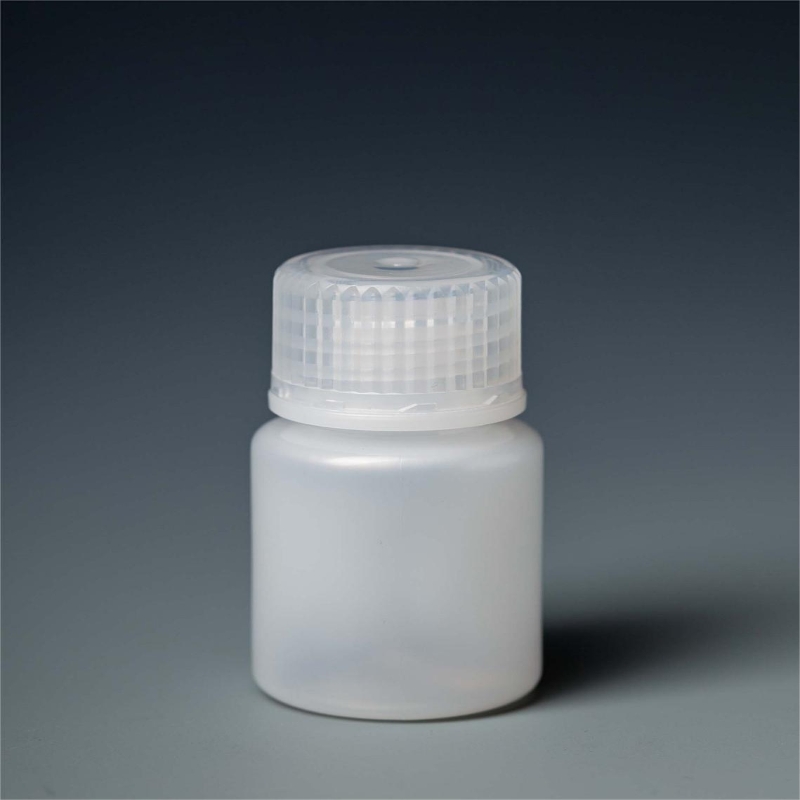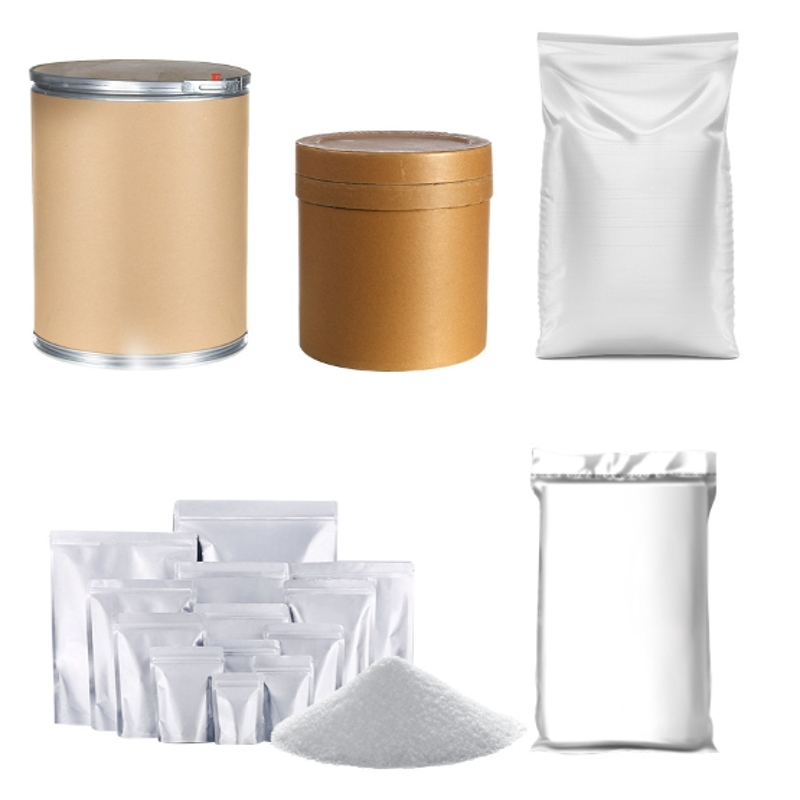-
Categories
-
Pharmaceutical Intermediates
-
Active Pharmaceutical Ingredients
-
Food Additives
- Industrial Coatings
- Agrochemicals
- Dyes and Pigments
- Surfactant
- Flavors and Fragrances
- Chemical Reagents
- Catalyst and Auxiliary
- Natural Products
- Inorganic Chemistry
-
Organic Chemistry
-
Biochemical Engineering
- Analytical Chemistry
-
Cosmetic Ingredient
- Water Treatment Chemical
-
Pharmaceutical Intermediates
Promotion
ECHEMI Mall
Wholesale
Weekly Price
Exhibition
News
-
Trade Service
Everolimus is a macrolide immunosuppressant drug that is widely used in the field of organ transplantation to prevent rejection.
However, its applications extend beyond the medical field, and it has numerous industrial applications in the chemical industry.
One of the most significant applications of everolimus in the chemical industry is in the field of polymerization.
Everolimus has been found to be an effective catalyst for the polymerization of various monomers, such as styrene, methyl methacrylate, and vinyl acetate.
This is achieved by activating the monomers and initiating the polymerization reaction, leading to the formation of high-molecular-weight polymers.
Everolimus has also been used in the field of water treatment.
It has been found to be effective in the removal of various pollutants from water, such as heavy metals and organic compounds.
This is achieved by adsorbing the pollutants onto the surface of the everolimus molecule, which can then be easily removed from the water.
In the field of chemical synthesis, everolimus has been used as a catalyst for the synthesis of various organic compounds.
For example, it has been used in the synthesis of anticancer drugs, such as rapamycin and temsirolimus, which are structurally related to everolimus.
Everolimus has also been used in the synthesis of natural products, such as taxol and bryostatin.
Another industrial application of everolimus is in the field of cosmetics.
It has been found to have anti-inflammatory and anti-skin aging properties, and it has been used in various cosmetic products, such as creams, lotions, and serums.
Everolimus has been found to be effective in reducing the appearance of fine lines, wrinkles, and age spots, and it has also been found to have UV-absorbing properties, making it a useful ingredient in sunscreens.
In addition to its applications in the chemical industry, everolimus has also found use in other fields, such as in the food industry.
It has been found to be effective in reducing the growth of Clostridium botulinum, a bacterium that can cause botulism, a serious foodborne illness.
Therefore, everolimus has been used as a preservative in various food products, such as sausages and ham.
Despite its many industrial applications, everolimus has several limitations.
One of the biggest limitations is its high cost, which makes it less accessible to some industries.
Additionally, everolimus has a relatively short shelf life, which can limit its use in some applications.
In conclusion, everolimus has numerous industrial applications in the chemical industry, ranging from use as a catalyst in polymerization to use as a preservative in food products.
Its anti-inflammatory and anti-aging properties have also led to its use in cosmetic products, and its ability to remove pollutants from water has made it an essential tool in water treatment.
Despite its limitations, everolimus remains an important industrial chemical with a wide range of applications.







